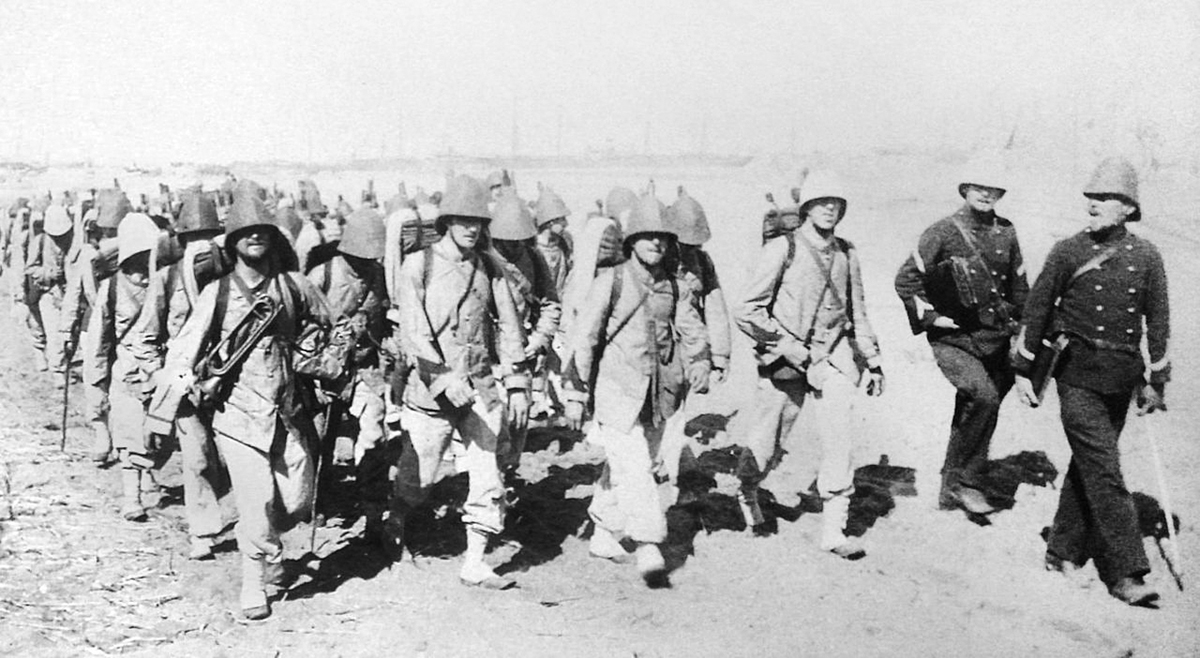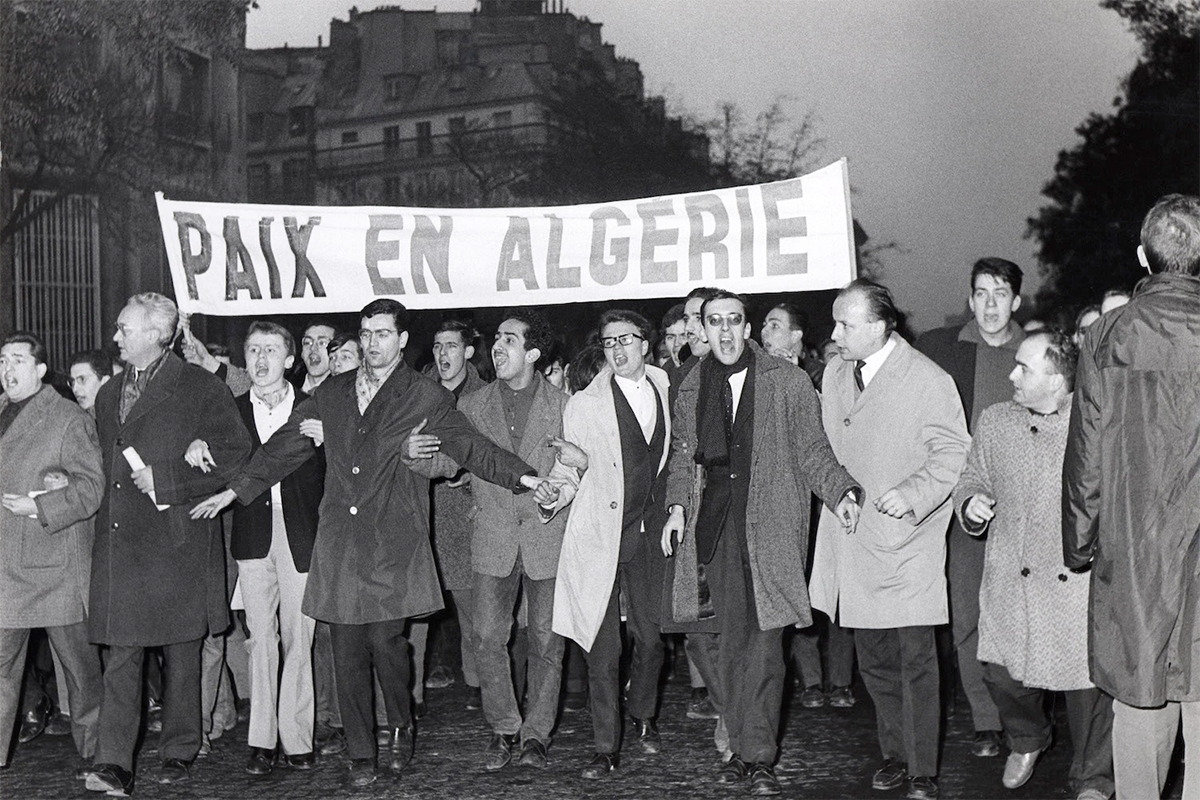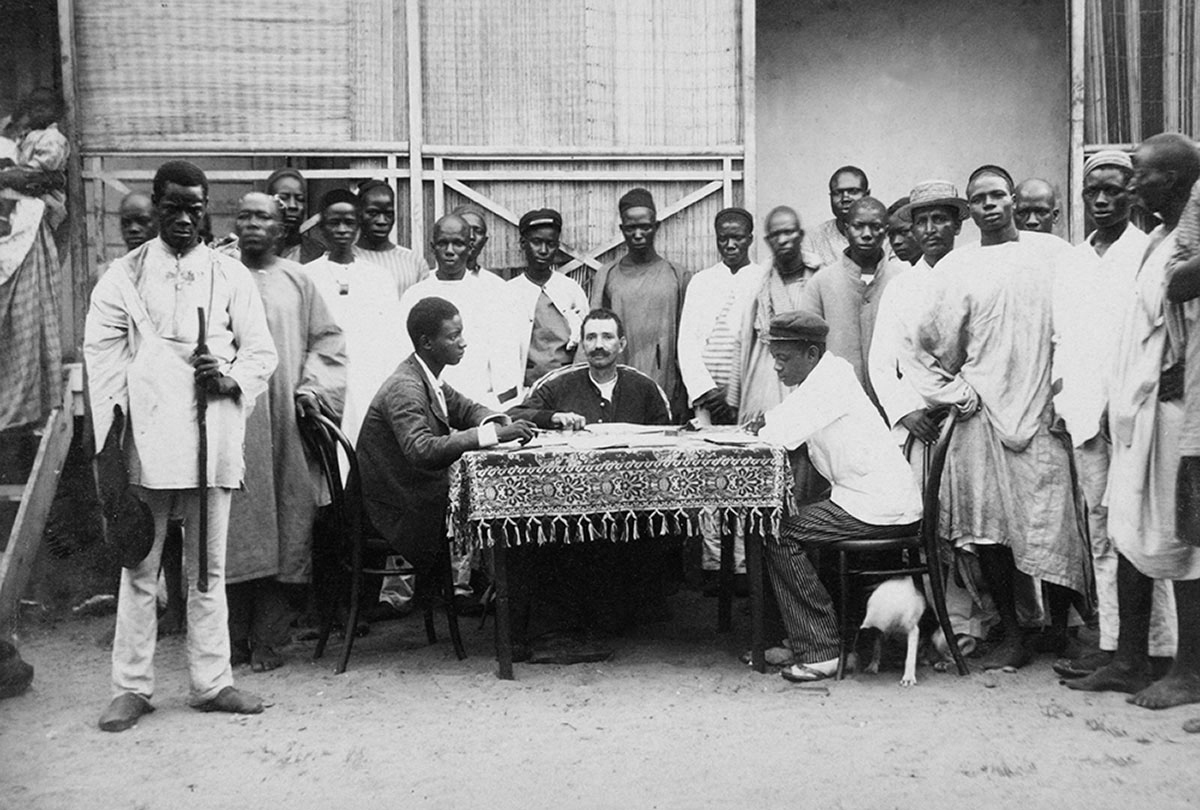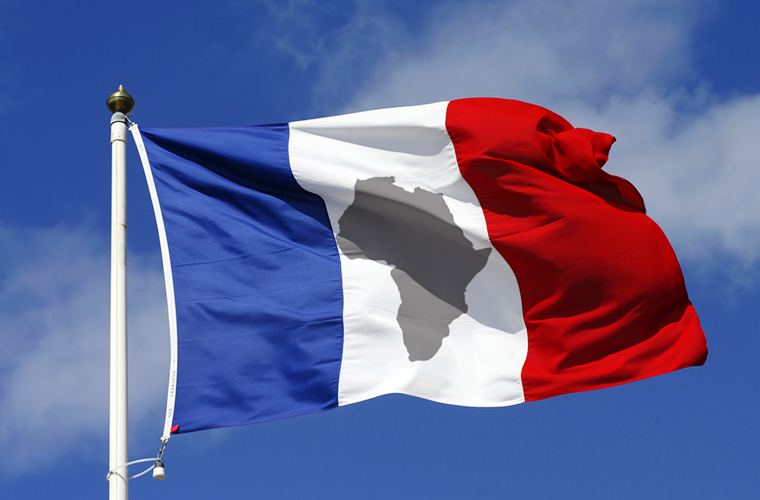The French presence in Africa dates to the 17th century, but the main period of colonial expansion came in the 19th century with the invasion of Ottoman Algiers in 1830, conquests in West and Equatorial Africa during the so-called scramble for Africa, and the establishment of protectorates in Tunisia and Morocco in the decades before the First World War.
To these were added parts of German Togo and Cameroon, assigned to France as League of Nations mandates after the war. By 1930, French colonial Africa encompassed the vast confederations of French West Africa (AOF, f. 1895) and French Equatorial Africa (AEF, f. 1905), the western Maghreb, the Indian Ocean islands of Madagascar, Réunion, and Comoros, and Djibouti in the Horn of Africa. Within this African empire, territories in sub-Saharan Africa were treated primarily as colonies of exploitation, while a settler colonial model guided colonization efforts in the Maghreb, although only Algeria drew many European immigrants.

Throughout Africa, French rule was characterized by sharp contradictions between a rhetorical commitment to the “civilization” of indigenous people through cultural, political, and economic reform, and the harsh realities of violent conquest, economic exploitation, legal inequality, and sociocultural disruption. At the same time, French domination was never as complete as the solid blue swathes on maps of “Greater France” would suggest. As in all empires, colonized people throughout French Africa developed strategies to resist or evade French authority, subvert or co-opt the so-called civilizing mission, and cope with the upheavals of occupation.

After the First World War, new and more organized forms of contestation emerged, as Western-educated reformers, nationalists, and trade unions pressed by a variety of means for a more equitable distribution of political and administrative power. Frustrated in the interwar period, these demands for change spurred the process of decolonization after the Second World War. Efforts by French authorities and some African leaders to replace the imperial rule with a federal organization failed, and following a 1958 constitutional referendum, almost all French territories in sub-Saharan Africa claimed their independence.

In North Africa, Tunisian and Moroccan nationalists were able to force the French to negotiate independence in the 1950s, but decolonization in Algeria, with its million European settlers, came only after a protracted and brutal war (1954–1962) that left deep scars in both postcolonial states. Although formal French rule in Africa had ended by 1962, the ties it forged continued to shape relations between France and its former colonial territories throughout the continent.

